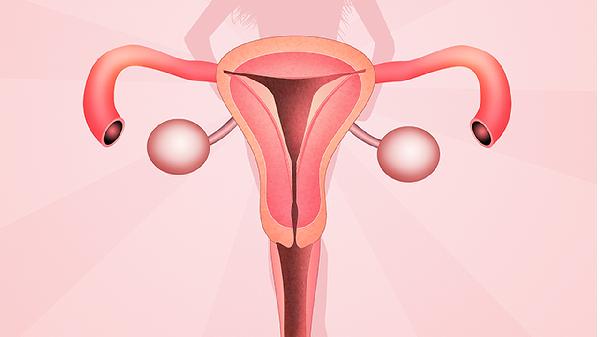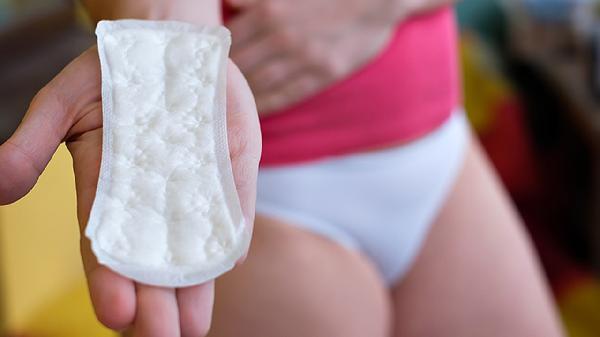At different stages of life, people's desires vary, leading to differences in the intensity of sexual drive across age groups. For women, the strength of their sexual desire directly impacts the quality of their sexual life. So, when do women experience heightened sexual desire? What are the harms of excessive sexual activity? Let's explore these questions below.
When Do Women Experience Heightened Sexual Desire?
1. Women aged 30 to 40 have the strongest desire.
As the saying goes, "In their thirties, women are like wolves; in their forties, like tigers." This phrase has some basis, as women between the ages of 30 and 40 experience their peak sexual drive, and they have a higher frequency of sexual activity compared to women of other ages.
2. Around ovulation and before menstruation.
Women's sexual desire is closely related to the secretion of estrogen. The higher the estrogen levels, the stronger the desire. Therefore, during ovulation and before menstruation, women's desire is particularly strong, as estrogen secretion reaches its peak during these periods.
3. Before bedtime.
Looking at it from a daily perspective, women experience the strongest sexual desire before going to bed at night. This is because, during this time, women are more prone to imagining, and many of these thoughts are related to sex and love.
What Are the Harms of Excessive Sexual Activity?
1. Affects normal work and life.
Sexual activity can be considered a form of exercise, requiring significant physical effort from women. If women engage in frequent sexual activity or have multiple sessions in one night, they may face extreme physical challenges. This can lead to feelings of exhaustion and lack of focus the next day, negatively impacting work and life efficiency.
2. Vaginal laxity.
Frequent sexual activity without adequate rest for the vagina can lead to vaginal laxity, a condition that worsens with age. Vaginal laxity often accompanies vaginal dryness, significantly affecting the quality of sexual life and diminishing the overall experience.
3. Increased risk of gynecological inflammation.
Frequent sexual activity keeps the vaginal wall in a state of congestion, which can lower the body's resistance. If proper hygiene is not maintained during sexual activity, bacteria can easily enter, leading to conditions like vaginitis and other gynecological inflammations.
Women's sexual desire varies based on age and time of day. However, regardless of how strong the desire is, it is essential to avoid excessive sexual activity, as it can have significant negative effects on the body.
























